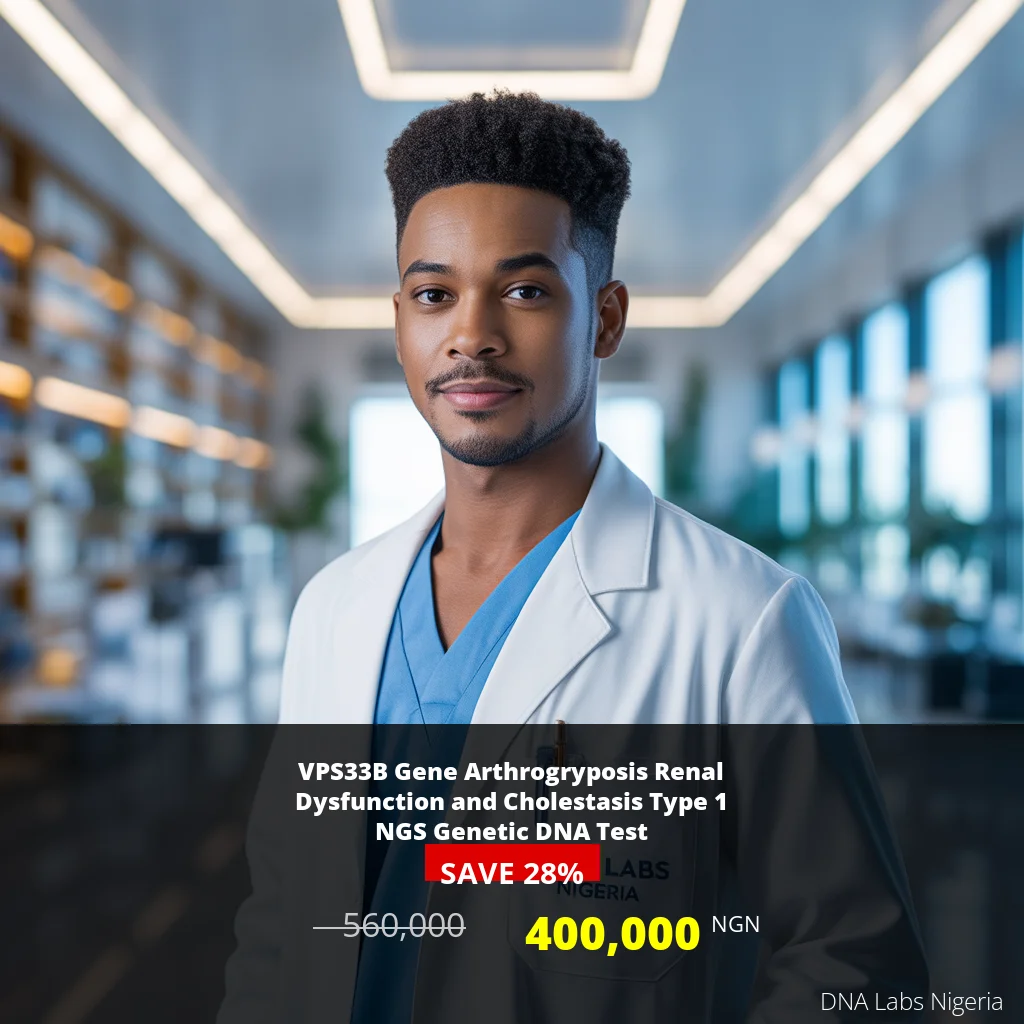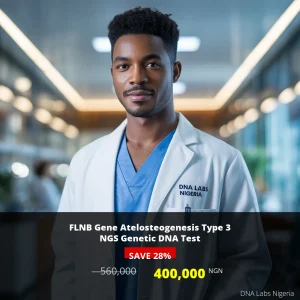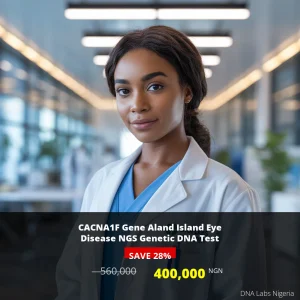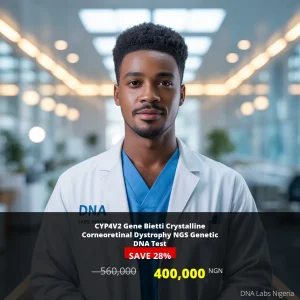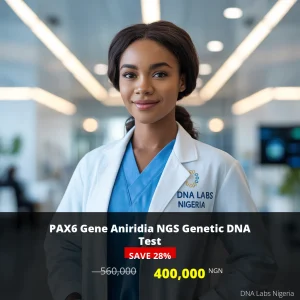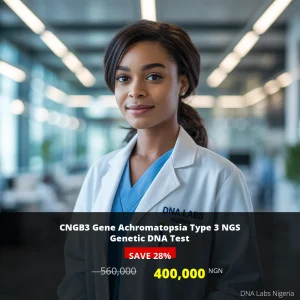VPS33B Gene Arthrogryposis Renal Dysfunction and Cholestasis Type 1 NGS Genetic DNA Test
Introduction
The VPS33B Gene Arthrogryposis Renal Dysfunction and Cholestasis Type 1 NGS Genetic DNA Test is an advanced diagnostic tool that utilizes Next Generation Sequencing (NGS) technology to analyze genetic material. This test is essential for identifying mutations in the VPS33B gene, which are linked to severe disorders such as arthrogryposis, renal dysfunction, and cholestasis. Early detection through genetic testing can significantly impact patient care and management.
What the Test Measures
This genetic test specifically measures the presence of mutations in the VPS33B gene, which can lead to various health issues. By analyzing blood or extracted DNA samples, healthcare providers can determine the likelihood of developing associated conditions.
Who Should Consider This Test
Individuals who may benefit from this test include:
- Those with a family history of VPS33B-related disorders.
- Patients exhibiting symptoms of arthrogryposis, renal dysfunction, or cholestasis.
- Individuals undergoing genetic counseling for reproductive planning.
Benefits of Taking the Test
- Accurate identification of genetic mutations.
- Guidance for treatment and management plans.
- Informed family planning and risk assessment.
- Access to specialized care from geneticists and dermatologists.
Understanding Your Results
Results from the VPS33B Gene test will be interpreted by qualified healthcare professionals. A positive result indicates the presence of a VPS33B mutation, while a negative result suggests that no mutations were detected. It is essential to discuss results with a healthcare provider to understand their implications fully.
Test Pricing
| Discount Price | Regular Price |
|---|---|
| 400,000 NGN | 560,000 NGN |
Book the Test
To book the VPS33B Gene Arthrogryposis Renal Dysfunction and Cholestasis Type 1 NGS Genetic DNA Test, please contact us at +2348110567037. Our team is ready to assist you with scheduling and any inquiries you may have.
Turnaround time for results is approximately 3 to 4 weeks. Pre-test instructions include a clinical history review and a genetic counseling session to create a pedigree chart of affected family members.
Sample types accepted include blood, extracted DNA, or one drop of blood on an FTA card.
Consult with a dermatologist or geneticist to explore the implications of your test results.

